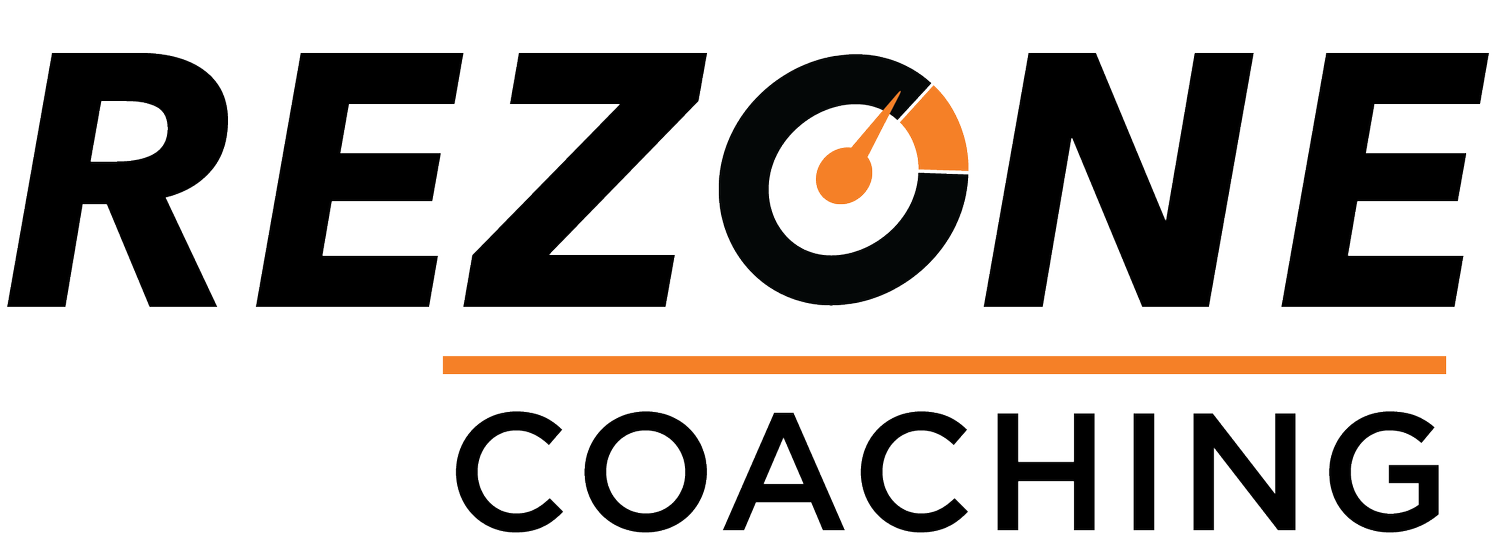Perspective is Priceless… In Life and Work
Eight weeks ago, I had an accident that broke multiple bones in both my neck and back. Two hospitals, over 30 hours in the ER, spinal fusion surgery and a week-long hospital stay provided me with many opportunities to take stock in my situation and life. As I reflect on that first week and the seven additional weeks of recovery since I’ve decided to embrace a new mantra: Perspective is Priceless!
During those first few weeks, the pain and discomfort were severe. I was unable to find relief, unable to sleep and hardly able to do anything without the help of others. However, I was experiencing an unbelievable amount of positive euphoria. I was thrilled to be alive. I was thrilled I wasn’t paralyzed. I often thought about how much worse my outcome might have been. With this perspective, I was so happy!
These last few weeks have been dramatically different. With my body truly beginning to heal, I’ve been released from my 24-7 neck brace. I’m even pain-free at times.
To be pain-free for more than an hour, I need to be sitting still in a recliner while not moving my arms or hands much. Unfortunately, I don’t enjoy this. But I can go for long periods of time without pain or discomfort. This is a good thing. Right?
Why am I not grateful? I’ll tell you why… perspective. The longer I rest without pain in the chair, the more I think about what a pain-free body could (or even should) be doing. When I compare that to the reality of my current limitations, that perspective leads me to a poor mental place. I’m frustrated and angry. Even depressed.
My default instinct was to be positive and optimistic when my actual conditions were at their worst. Back then, the comparisons to a worse situation were recent and front of mind. In the hospital, when doctors and nurses were continually checking my extremities for feeling and movement, I was overwhelmed with gratitude that I always passed those tests. When I got home after a week in the hospital, every morsel of food was like a gourmet meal compared to a week’s worth of hospital food. I was embracing the fresh air, sunshine and nature instead of the depressing hospital environment that I was in. From my perspective, at that time, my life was actually really good.
So why aren’t I as positive lately? Things are definitely significantly better than they were in those first few weeks. It’s all about perspective. As I’ve felt better, my perspective is looking at the idea of a strong healthy fully functioning body. It is a good inspiration to fight through the difficult physical therapy work but also very demotivating and uninspiring compared to the reality of my current physical limitations.
They say the secret to a deeply fulfilling life is finding the right balance between being grateful for what you have while looking ahead and striving for what’s possible. I couldn’t agree more. For me, it boils down to being vigilant about maintaining a balanced perspective that allows us to be both joyously grateful while striving to grow and improve simultaneously.
I see variations of these concepts play out in our executive coaching with leaders all the time. I recently spoke to a CEO about a key executive leader who often allows the stresses of work to overcome him emotionally in important meetings. “I get it. I used to be like that,” the CEO told me. “And then life punched me in the gut a few times and I realized what REAL problems actually were. Once I had to deal with life and death situations of my loved ones, I was able to put the work stresses in perspective.”
In this example, the CEO was talking about big life-altering events. My recent accident is one of those. In reality, it doesn’t require a life-altering event for the power of perspective to make a profound impact.
Regardless of the problem or challenge you’re facing, view it from multiple perspectives. Having spent the majority of my adult life coaching and guiding others through challenges, this is by far the most powerful technique I’ve witnessed to begin to improve any situation.

